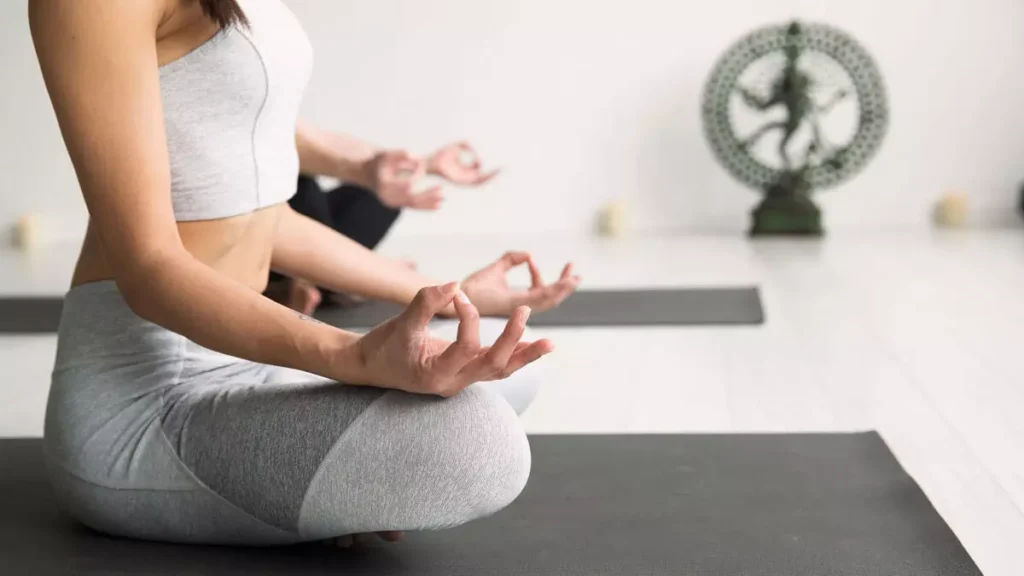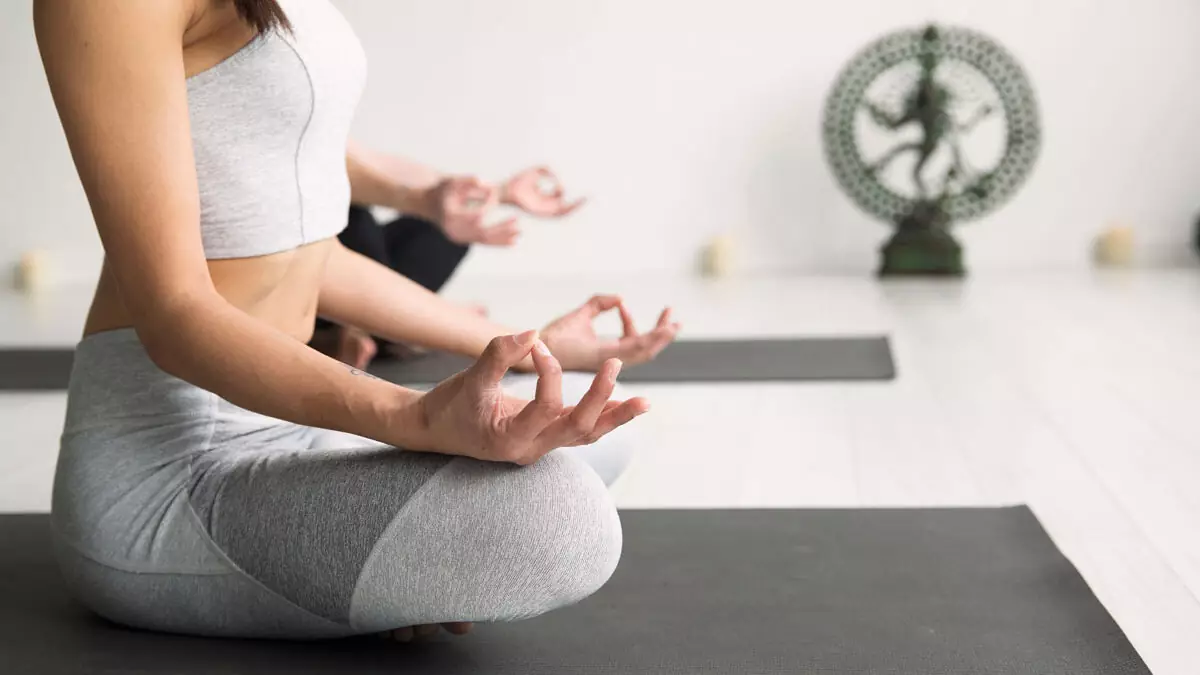We all experience stress from time to time, whether it’s from work, family responsibilities, health issues, or other challenges in life. Constant stress takes a toll on both our mental and physical well-being if left unchecked. One powerful way to help manage stress and improve focus is through mindfulness meditation. In this blog post, we’ll explore some simple yet effective mindfulness techniques you can start practicing today for stress relief and better concentration.

Content
What is Mindfulness?
Mindfulness is the practice of bringing one’s attention to the present moment without judgment. It involves observing your thoughts and feelings from a detached, non-reactive standpoint. When you practice mindfulness, you learn to notice when your mind wanders off into worries about the past or future and gently guide it back to the present. Regular mindfulness meditation trains your brain to be more focused, calm, and aware.
Benefits of Mindfulness for Stress Relief
Numerous studies have shown that mindfulness meditation can help lower stress levels, anxiety, and depression. Here are some of the key ways it helps relieve stress:
- Reduces rumination – Mindfulness helps break the cycle of worrying about past problems or future uncertainties that fuel stress. It trains your mind to let go of unhelpful thoughts.
- Improves relaxation – Mindfulness meditation relaxes both your body and mind. It counteracts the “fight-or-flight” stress response and promotes the body’s “rest and digest” parasympathetic nervous system.
- Enhances self-awareness – Through mindfulness, you become more attuned to early warning signs of stress, like tension in your body. This awareness helps you catch stress before it escalates.
- Fosters acceptance – Rather than reacting to stressful thoughts and feelings, mindfulness cultivates non-judgmental acceptance of the present moment just as it is. This reduces resistance to circumstances beyond your control.
- Boosts resilience – Regular mindfulness practice strengthens your ability to cope with challenges without immediately feeling overwhelmed or defeated. It builds resilience over time.
Mindfulness Techniques to Try
If you’re looking to start a mindfulness practice, here are some simple techniques you can try:
Body Scan Meditation
Lie down comfortably and slowly direct your attention to different parts of your body, noticing any sensations without judging them. Start from your toes and work your way up to the top of your head. This helps relax both body and mind.
Breathing Meditation
While sitting comfortably, focus solely on the physical sensations of breathing, such as the rise and fall of your belly. When thoughts intrude, gently return focus to your breath without criticism. Five minutes a day can help reduce stress.
Mindful Walking
Instead of rushing from one task to another, slow down and pay attention to each step and surrounding sights, sounds, and smells. Be fully present in the moment rather than letting your mind wander.
Mindful Eating
Savor each bite of food by noticing its texture, flavor, aroma, and temperature. Eat slowly while focusing only on the eating experience rather than distractions. This can help reduce stress-induced overeating.
Loving-Kindness Meditation
While sitting comfortably, silently repeat short phrases like “May I be happy” or “May all beings be at peace.” Send wishes of kindness to yourself, loved ones, neutral people, and difficult people. This cultivates compassion to reduce stress.
Seeking Professional Help
If stress feels overwhelming or is impacting your daily life, seeking help from a licensed therapist can provide more targeted support. A therapist Scottsdale offers mindfulness-based stress reduction (MBSR) programs and individual therapy incorporating mindfulness techniques. Professional guidance ensures you learn mindfulness skills safely and effectively for managing even very high-stress levels.
Making it a Habit
Consistency is key for reaping mindfulness’ long-term stress-relieving benefits. Experts recommend practicing for at least 10-15 minutes daily. Don’t get discouraged if your mind wanders at first – non-judgmental awareness of thoughts is an important mindfulness skill. With regular practice, mindfulness can become a very useful tool in your stress management toolkit.
Conclusion
In conclusion, mindfulness meditation is a simple yet powerful practice for reducing stress, improving focus, and boosting overall well-being and quality of life. Starting with just a few minutes daily can make a meaningful difference. Commit to a mindfulness routine and experience its stress-relieving benefits.

Karen is a health blog author who has been writing about healthy living since 2013. She started her journey by adopting a vegan diet and eating only organic foods, but the more she learned, the more she realized that we should all be eating plant-based diets exclusively. As an expert in nutrition and wellness, Karen blogs to educate readers on how they can live happier and healthier lives through food choices!













